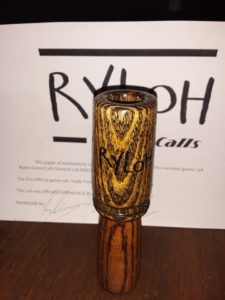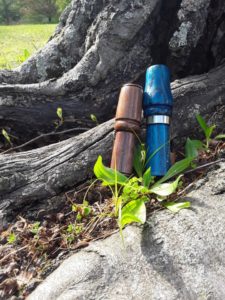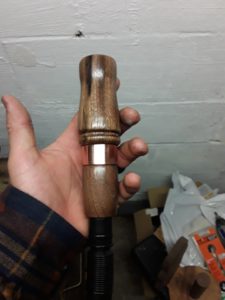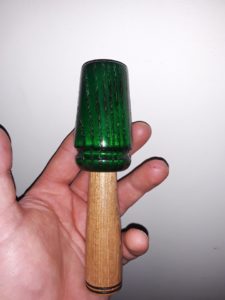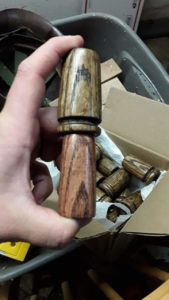Learning is the most valuable thing we take away from each hunting season. And learning from someone else’s mistakes can be a great way to keep from making your own. On this episode I talk about the number 1 thing I learned during duck season last year.
Most people want to believe that every shot they take instantly kills the bird they are shooting at. Ammo companies make it their business to get people to believe that. But the truth is that this just does not always happen.
Never assume a bird is dead until you have it in hand and can confirm its condition. Always make it a point to immediately collect birds that you down. Do not wait, do not delay, do not take your eyes off of the bird. Get it and get it now. Make sure it’s dead and not suffering, and make sure the bird is not lost.
Listen to the episode for all the insights, stories, and more.

